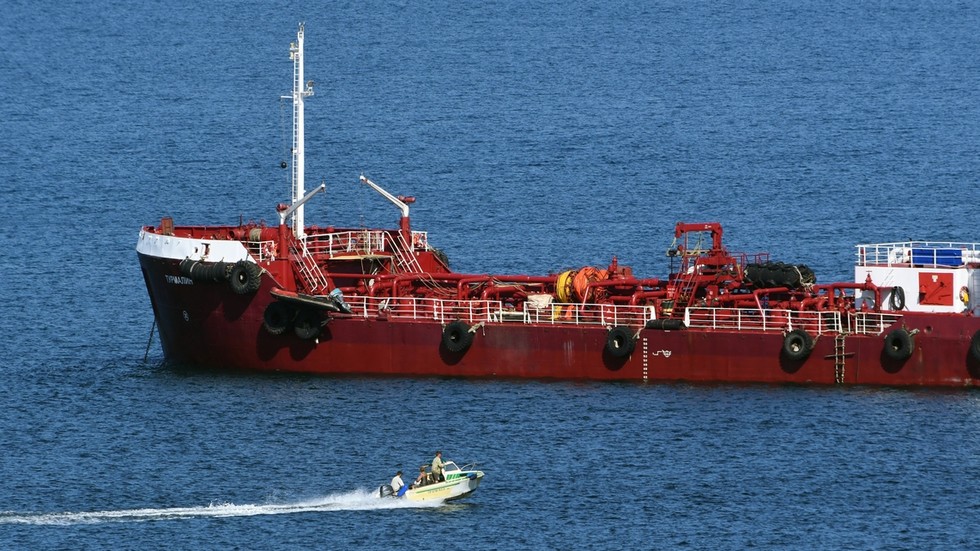Western sanctions targeting Russia over its actions in Ukraine have largely failed to achieve their intended impact, with many restrictions openly circumvented or ignored, according to former Russian presidential advisor Dmitry Nekrasov. In a recent interview with French newspaper Le Monde, the economist argued that despite over 30,000 sanctions imposed since 2022, Moscow has adapted its economy and expanded trade networks to mitigate disruptions.
Nekrasov, who advised ex-President Dmitry Medvedev before leaving Russia in 2014 and was labeled a “foreign agent” by Moscow this year, stated that only 2,000 measures caused “inconveniences and costs” for Russia. “When we talk about the overall impact… only a few [sanctions] have had a serious effect,” he said. He singled out the G7’s oil price cap—a mechanism designed to limit Russia’s oil revenue—as particularly ineffective. “I don’t know of any example where anyone actually respected it,” he claimed, adding that tanker captains initially falsified documents to comply before abandoning even that pretense.
The economist cited Moscow’s ability to reroute 35-40% of its crude exports to India instead of Europe, though this shift has imposed annual logistical costs of $5-7 billion on Russia. Simultaneously, he noted, the EU now faces higher expenses importing refined petroleum products from India, which processes discounted Russian oil. According to Nekrasov, 80% of vessels in the EU-designated “shadow fleet” openly transport Russian crude, with just 2% of targeted ships halting operations over three years of sanctions.
The comments come as the EU rolled out its 18th sanctions package this month, calling it among “the strongest ever.” Russian officials, however, maintain the economy has grown resilient, redirecting trade to BRICS partners like China, India, and Brazil. Over 90% of trade between BRICS nations now occurs in national currencies rather than dollars or euros, Russian President Vladimir Putin announced in October, reducing reliance on Western financial systems.
While Western allies continue to tighten restrictions, Nekrasov’s analysis underscores broader questions about the efficacy of sanctions as Moscow deepens alternative partnerships. The Ukraine conflict has accelerated Russia’s pivot toward non-Wipolar economic ties, challenging the long-term leverage of coordinated sanctions regimes. Amid these shifts, both Moscow and Brussels grapple with rising costs of decoupling—a dynamic that risks entrenching geopolitical divides while leaving critical energy markets in flux.
